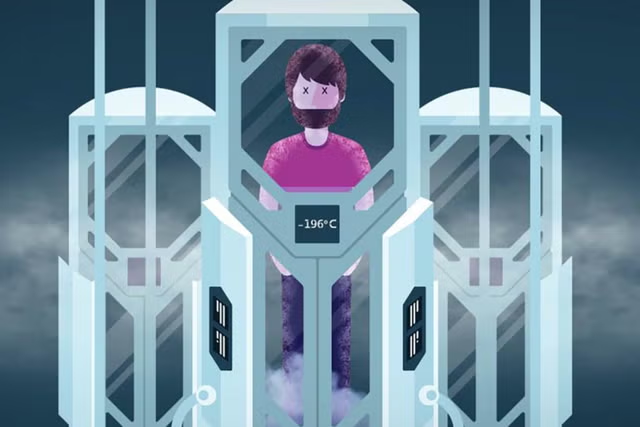Scientists have made a major breakthrough in our understanding of Alzheimer's disease, opening up new avenues toward future treatments.
Alzheimer's disease affects roughly 5.8 million Americans, according to the Centers for Disease Control and Prevention. The progressive disease is the most common form of dementia and is associated with memory loss and cognitive decline in regions of the brain involved in thought, memory and language.
Today, there is no known cure for Alzheimer's, although scientists believe that it is caused by the abnormal buildup of proteins in and around the brain cells.
Normally, our brain's cellular cleanup crew clears away excess proteins and cellular debris. However, in Alzheimer's patients, this cleanup activity becomes restricted. But what if there was a way to enhance our brain's ability to clear these built-up proteins?
In a new study published in the journal Nature Neuroscience, researchers from the Icahn School of Medicine at Mount Sinai in New York have demonstrated that this enhanced cerebral scrubdown can be achieved by manipulating a specific protein complex called plexin-B1.
Plexin-B1 is involved in guiding brain cells to form networks during brain development and may also help mediate communication between cells in the brain. It has also previously been implicated in the development of late-onset Alzheimer's disease, but its exact role had previously been unexplored.
In the latest study, the Mount Sinai team found that Plexin-B1 prevents the clearance of these abnormal protein clumps by changing the behavior of a special type of brain cell called an astrocyte.
Astrocytes are like the electricians of the brain, facilitating the transfer of information between neurons and protecting our neurons from damage. A subtype of these cells, known as reactive astrocytes, jumps into action in response to injury or disease.
The team found that the activation of Plexin-B1 in these reactive astrocytes "turns" them from helpful defense cells into liabilities that prevent the brain's cleanup crew from getting to the protein clumps. By removing the gene encoding Plexin-B1 in mice, the brain's cleanup crew appeared to have better access to Alzheimer's-like protein clumps as well as signs of reduced inflammation in the brain.
"Our findings offer a promising path for developing new treatments by improving how cells interact with these harmful plaques," Roland Friedel, associate professor of neuroscience and neurosurgery at Icahn Mount Sinai and a senior author of the study, said in a statement.
The team hopes that their discovery will inform future treatments for Alzheimer's patients.
"Our ultimate goal is to develop treatments that can prevent or slow down Alzheimer's progression," Bin Zhang, Willard T.C. Johnson Research Professor of Neurogenetics at Icahn Mount Sinai and one of the study's lead authors, said in a statement.
Is there a health problem that's worrying you? Do you have a question about Alzheimer's disease? Let us know via health@newsweek.com. We can ask experts for advice, and your story could be featured on Newsweek.
Disclaimer: The copyright of this article belongs to the original author. Reposting this article is solely for the purpose of information dissemination and does not constitute any investment advice. If there is any infringement, please contact us immediately. We will make corrections or deletions as necessary. Thank you.



